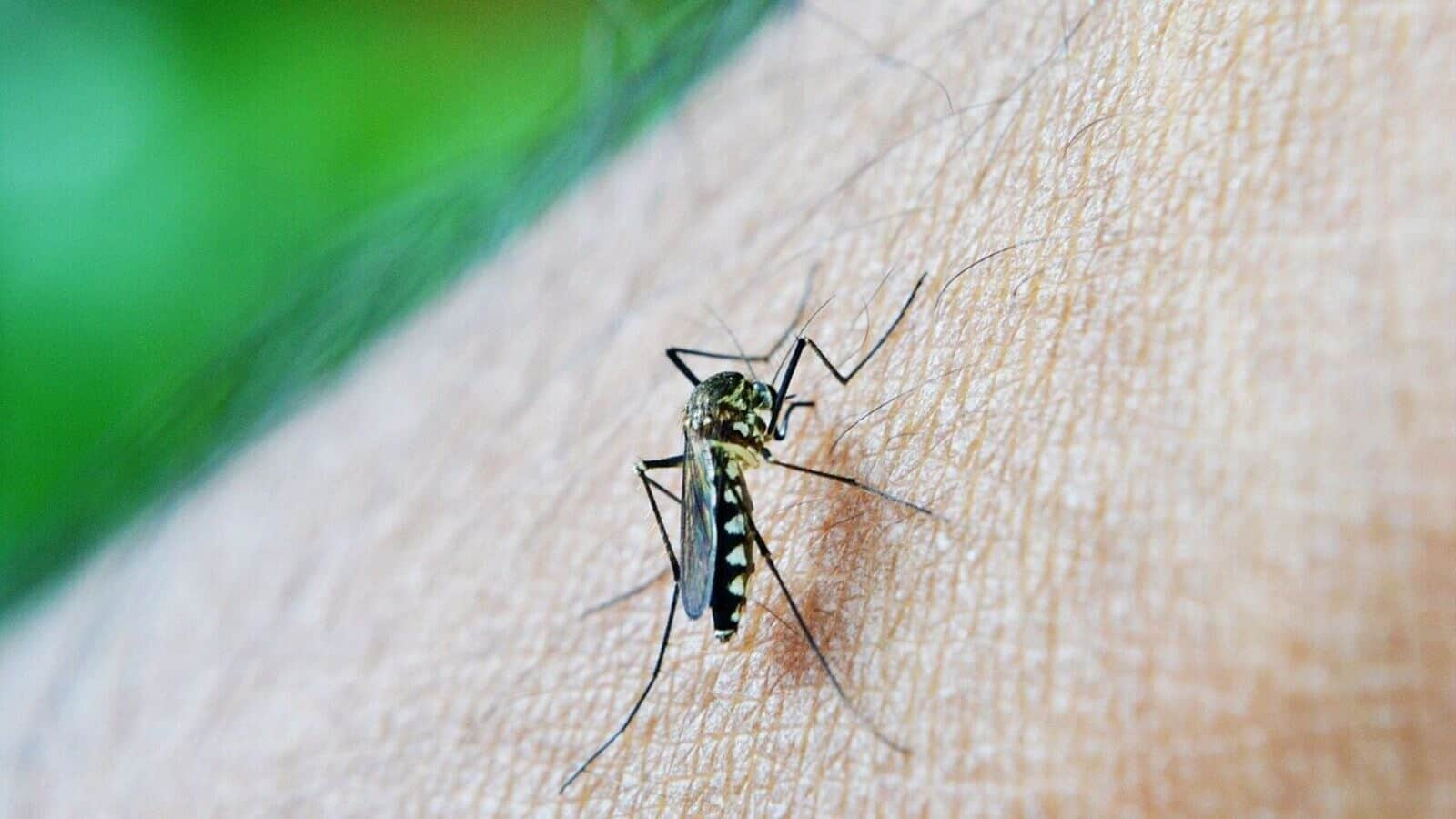
Delhi: Dengue cases drop but malaria, chikungunya surge by 99%
What's the story
Delhi has seen a sharp rise in mosquito-borne diseases this year, especially malaria and chikungunya.
Till November 30, the city reported over 5,700 dengue cases with three deaths. This is a decline from last year's tally of 9,266 cases.
However, malaria and chikungunya have spiked to their worst in recent years.
Disease surge
Malaria and chikungunya cases reach record highs
Malaria cases in Delhi have almost doubled, with a 99% spike from last year. The city reported 766 cases against 384 last year, the highest incidence of malaria in the last four years.
Chikungunya cases also witnessed a sharp spike to 266, up from a mere 44 in 2023.
The biggest spike for both diseases was recorded between September and October.
Weather factor
Delayed monsoon and early winter impact disease spread
The delayed monsoon season has been cited as a major reason for this year's spike in mosquito-borne diseases.
Mosquitoes generally breed during the monsoon season from June to September, but late rains resulted in more breeding grounds.
The early arrival of winter, however, has helped curb the number of cases.
Senior officials from the Municipal Corporation of Delhi (MCD) expect dengue cases to continue decreasing as temperatures drop further.
Additional threat
Delhi also addresses threat of Japanese encephalitis
Apart from dengue, malaria, and chikungunya, Delhi is also facing the threat of Japanese encephalitis.
A case was reported earlier this month, leading to intensified anti-mosquito operations by the MCD.
The city's health department has been proactive in its approach to tackle these rising disease rates, with increased funding for mosquito control efforts.